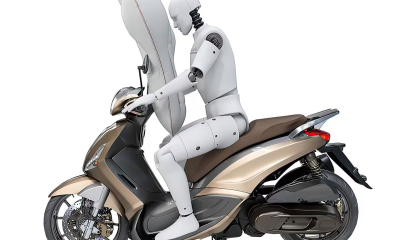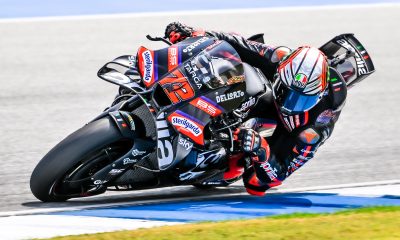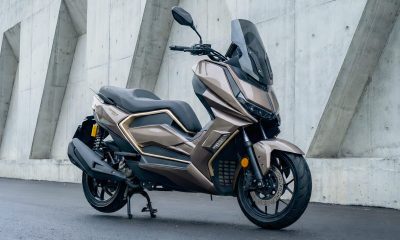Discover Bajaj’s innovative shift to compressed biogas (CBG) as a sustainable fuel, redefining affordable and eco-friendly mobility solutions.

Subscribe to our Telegram channel for instant updates!
In a global landscape where motorcycle manufacturers are fixated on incorporating cutting-edge technology, power enhancements, and premium features—often resulting in sky-high price tags—Indian companies like Bajaj are taking a refreshingly different approach. Bajaj has been focusing on affordability and sustainability, with a clear commitment to alternative fuels. The unveiling of the Freedom 125, the world’s first CNG-powered motorcycle, is a prime example of this.
But Bajaj isn’t stopping at compressed natural gas (CNG). Rajiv Bajaj, the company’s CEO, recently announced the brand’s plans to explore compressed biogas (CBG) as the next frontier in sustainable mobility. This comes on the heels of the Freedom 125’s resounding success, with over 25,000 units sold in just the first few months after its launch. Evidently, Indian commuters are eager for cost-effective and environmentally friendly transportation options.
What Is CBG, and How Does It Differ from CNG?
CNG and CBG are both considered clean fuel alternatives, but they differ significantly in terms of sourcing, environmental impact, and sustainability. CNG is derived from fossil fuels, primarily natural gas extracted from underground reserves. While it’s a cleaner-burning alternative to gasoline or diesel, it’s far from carbon-neutral, as it relies on finite resources.
On the other hand, CBG is produced from organic waste. This includes agricultural residue, livestock manure, and food waste—through a process called anaerobic digestion. This renewable fuel can be locally sourced and is considered carbon-neutral. The carbon dioxide emitted during combustion is offset by the carbon absorbed during the lifecycle of the organic material that generates the biogas.
The Long-Term Potential of CBG
Unlike CNG, which, like gasoline and diesel, faces eventual depletion due to its finite nature, CBG offers a sustainable solution. It encourages a circular economy by transforming organic waste into energy, thereby minimizing environmental impact. Bajaj’s interest in CBG reflects a forward-thinking strategy that aligns with the global push toward renewable energy sources.
However, there are challenges. The current process of converting organic waste into CBG is both costly and time-intensive. Yet history shows that technological advancements and economies of scale can drastically reduce production costs over time. The rapid development and affordability of electric vehicle batteries serve as a testament to this trend. With increased adoption and investment, CBG could become a widely accessible alternative fuel.
The Road Ahead
Bajaj’s exploration of CBG underscores its commitment to redefining the future of internal combustion engines. While transitioning to sustainable energy solutions is no small feat, the company’s focus on affordability and scalability makes it a strong contender in this space. The success of the Freedom 125 highlights the demand for practical and eco-friendly mobility solutions, and CBG could well be the next step in this journey.
The big question remains: Can CBG save the internal combustion engine from obsolescence, or is the shift to electric inevitable? Bajaj’s bold steps in alternative fuels invite us to rethink the possibilities for sustainable mobility. Only time will tell if these innovations can bridge the gap between tradition and progress.































Facebook
Instagram
X (Twitter)
YouTube
LinkedIn
RSS